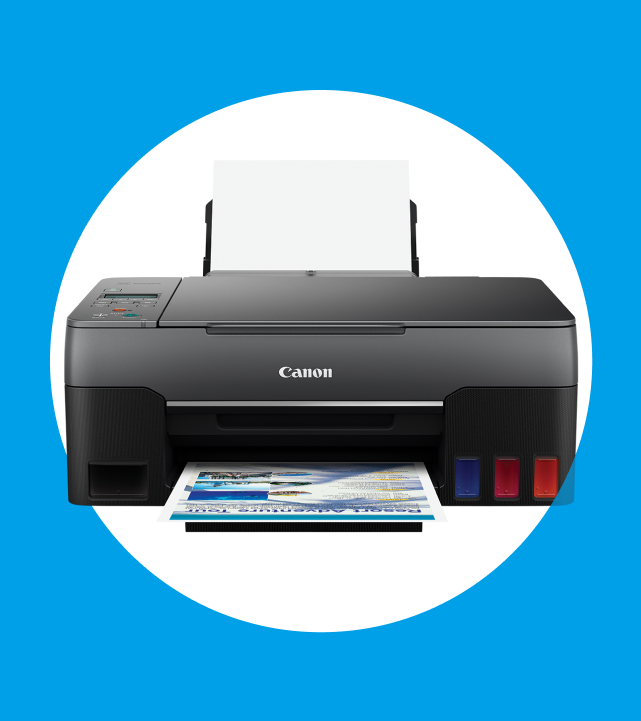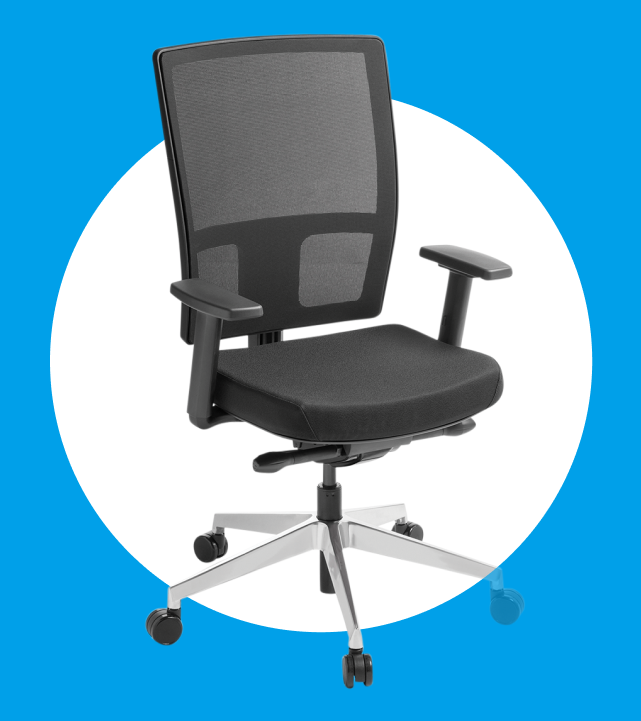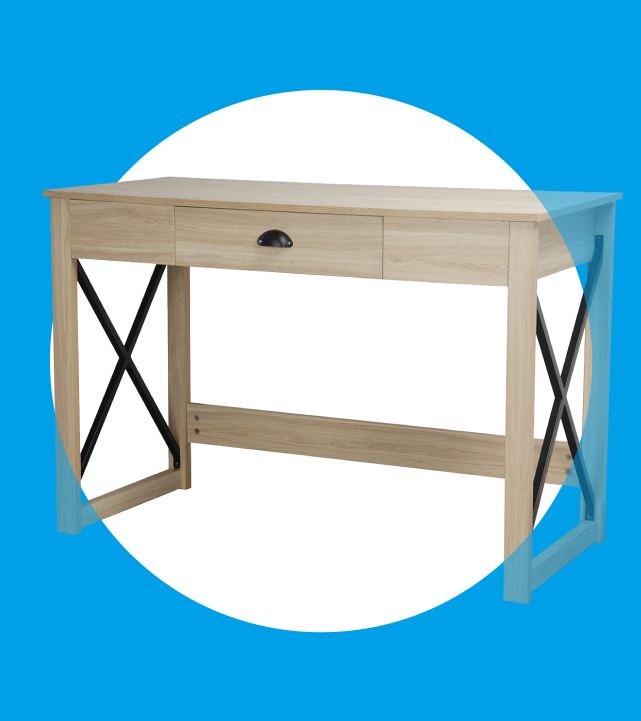GROWING PAINS
What ‘rich people’ know that we don’t
It’s tempting to think that prosperous businesspeople have a secret formula that guarantees success.
This temptation sometimes leads (otherwise sensible) people to invest in ‘get rich quick’ schemes, particularly if they are peddled by someone who claims that this is how they made it. But the old adage, if it sounds too good to be true, it probably is, applies here.
There are things you can do differently to increase your wealth though. They probably won’t make you rich quickly, but they may make you get rich slowly, which is actually preferable.
To quote Warren Buffett, arguably the world’s most successful investor, who has the knack of summing up life and investing rather well (I quote him throughout this blog):
“Someone is sitting in the shade today because someone planted a tree a long time ago.”
In other words, it takes time and effort to build wealth. As we said in our blog on financial planning, the ‘get rich quick’ schemes don’t work. So focus instead on ‘get rich’ schemes, as outlined below.
What do rich people know?
Time and Patience + Thought and Information + Action and Courage = Reward
On Time and Patience
“Time is the friend of the wonderful company and the enemy of the mediocre.”
Typically, the best investments are not the ‘flash bang’ type. Selecting lower return investments with a more stable profit will usually yield better long-term results.
Also, start your investments early. This gives you the maximum time to build your wealth, learn your way around a portfolio and survive any early mistakes. You will almost certainly make bad decisions, but by starting early enough you can survive those and learn to make better ones as you progress.
Starting small is fine too (the important action is to start). If you start at 20 years of age, earning $40,000 per annum, and can save 8% of your income in your Kiwisaver account (instead of the lowest level of 3%), you will end up with $225,000 more at 65! That’s a small difference now for a big outcome later.
On Thought and Information
“Risk comes from not knowing what you’re doing.”
“Diversification is a protection against ignorance.”
One of the most destructive money myths perpetuated in New Zealand is that people get rich because they’re lucky. It seems that some of us think we will be accepted for our success if we attribute it to luck, as opposed to working hard, doing our homework and being courageous.
The truth is that, in general, the more information you hold about your business, industry sector and competitors, the better you will do. And, with the arrival of cloud-based accounting software, it’s straightforward to create and make productive use of relevant, valuable information about your business and how it can do better.
Beany has produced a free eBook, Knowledge Insecure in the Information Age (pdf), on this topic. In it, the four key questions we examine are:
- Where do my sales come from? If you know the answer to this question, you can typically generate more sales.
- Where does my money go? This helps you understand how you are applying your profits to your business (and life). Are you investing your profit in useful assets for the future?
- Are my people productive? The wages bill is often one of the biggest costs for a business, so understanding how productive your people are and gaining insights into how to improve their productivity can make a huge difference. The first thing to investigate is whether your people are as productive as others in your sector.
For example, Bob owns a cafe and takes drawings of $75,000. If he were to replace himself in the kitchen and front of house, it would cost the business $40,000.
Total gross wages per the profit and loss = $250,000
Nominal salary for Bob = $40,000
Total wage cost = $290,000*1
Turnover of the cafe = $750,000*2
Therefore the wage cost % = 290,000*1/750,000*2 = 38.7%*3
Industry norm = 33%*4
The difference (38.7*3-33*4) of 5.7% = $750,000 x 5.7% = $42,750
From this, we could suggest that there are potential savings of $42,750 to be made by improving productivity, but these would only get Bob to the industry norm. That is, there may be other possible savings, which could improve his situation further. Of course, Bob might say he’s happy with this over-run, but if the $42,750 were saved and put into Kiwisaver each year for the next 20 years, Bob would have an extra $699,024 on retirement.
- How do I get the business information I need? To become prosperous, you need to ensure you have the right information before you make any decisions. As the wage cost example above shows, with relevant, accurate information you can start figuring out how to improve your situation. In our blog on buying a business, we urged potential purchasers to do their homework. Without it, you are flying blind and, potentially, into the ground.
On Action and Courage
“Two super-contagious diseases, fear and greed, will forever occur in the investment community. The timing of these epidemics will be unpredictable…We simply attempt to be fearful when others are greedy and to be greedy only when others are fearful.”
This is the last topic covered in our eBook. As Buffett comments above, sometimes in business you have to be brave and act, even when others may be sheltering in difficult conditions.
This means that, when you’ve done your research and taken your time, you have to act. At Beany, we applaud every single person in business because at a certain point, they acted.
And it’s not just a single action that creates wealth and success. Be disciplined and keep building your knowledge base, reviewing it and adapting your business and investment decisions accordingly. Now is the best time to fill your business world with valuable information and positive change.
At Beany, we are passionate about helping businesses be better, smarter and more prosperous, so feel free to contact me at [email protected] to talk about this topic, or download our eBook.



